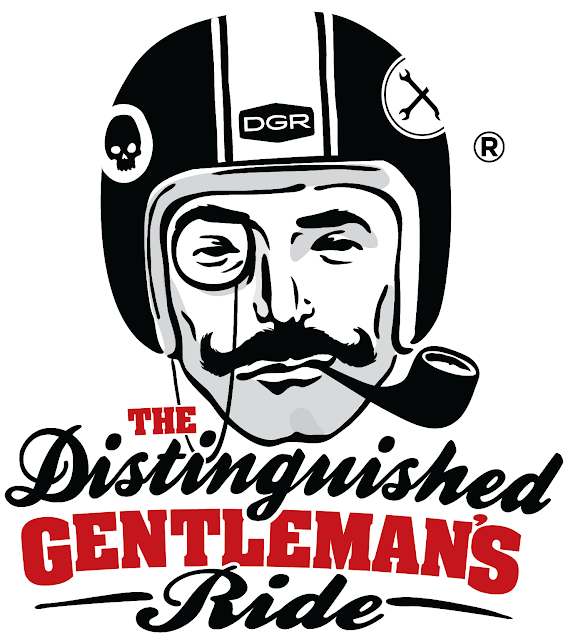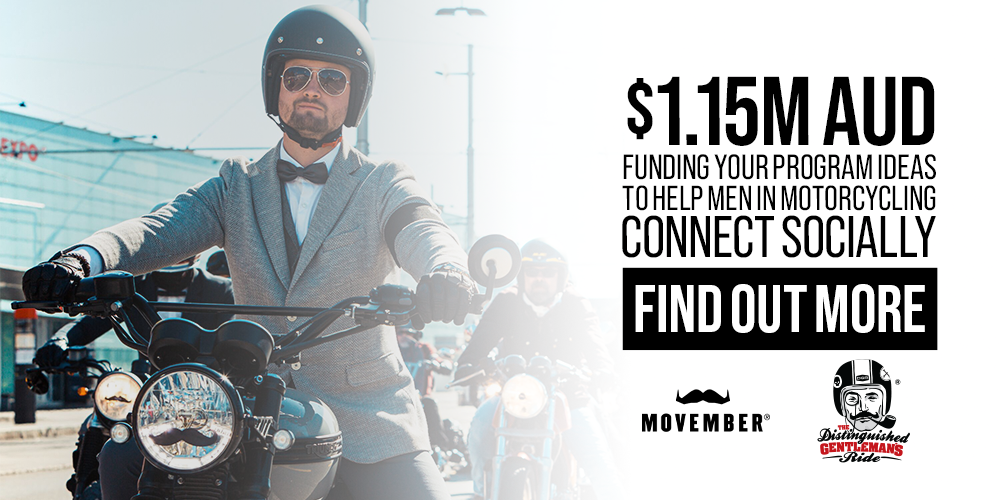I'm going to get past my age related hipster-imposter-syndrome and commit to taking part in the The Distinguished Gentleman's Ride this year, complete with ascot and tweed. I bet I have a pillion willing to dress up and join me. I'm hoping I can channel my granddad's riding style when I do it.
 |
| From my DGR Suggestion from the summer of 2020. |
My '03 Triumph Tiger also struggles with the idea of being a faux-classic hipster style icon (DGR likes classics or faux classics to fit the image - I'd argue the Tiger is a kind of, um, scrambler?). Tigger's too genuine for that kind of style police nonsense, but it's an old warhorse with over 80k on it from another era so we're both going to commit. I wouldn't take the C14, that's missing the point, but the Tiger deserves the work.
 |
| The Concours is a fine thing and my wife and I are enjoying the rides together, but the old Tiger is still my two-wheeled spirit animal. |
The question now is do we fight our way into the misery that is the GTA for an event in the Six with hundreds of riders or enjoy a similarly (time wise) ride through the country to London for a smaller event with far fewer riders but without the traffic?
There are many Canadian DGR events forming this spring to ride on Sunday, May 22nd: Get out to one if you can, and don't be anxious about not meeting the hipster bike style code (though do dress nicely).
 |
| This is last year's poster - I'm sure they'll come up with a 2022 one shortly (it's on Sunday, May 22nd.) |













